Sleep Apnea Treatment in Alwarpet, Chennai
Sleep apnea is a sleeping disorder in which a person’s breathing stops repeatedly while sleeping. This hinders the supply of sufficient oxygen into the brain and the rest of the body.
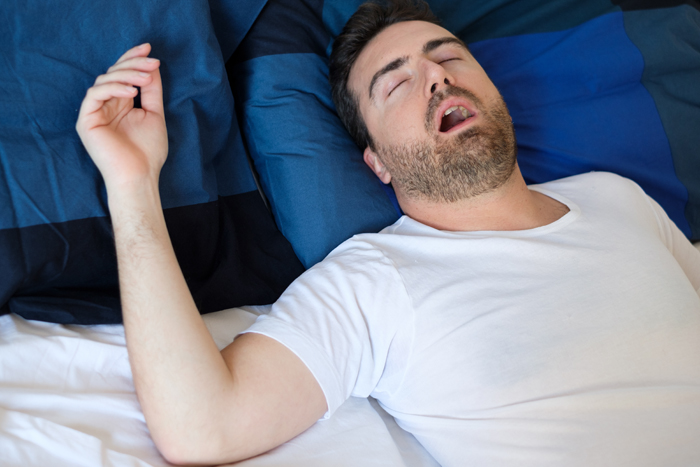
What do we need to know about sleep apnea? What are the types?
When breathing stops during sleeping, it will result in daytime tiredness, loud snoring, stroke and high blood pressure. Sleep apnea disturbs your sleeping pattern and quality of sleep.
If you are suffering from sleep apnea, your diaphragm and chest muscles work hard to overcome the increase in pressure to open the airway. You start breathing after a loud gasp or jerk.
There are three types of sleep apnea:
- Obstructive sleep apnea – It is the most common apnea caused due to blockage of the airway when the soft tissue at the back of your throat collapses while sleeping.
- Central sleep apnea – It happens when due to instability in the respiratory control center, the brain doesn’t send signals to the muscles to breathe. In this condition, the airway is not blocked.
- Mixed sleep apnea – Some individuals suffer both from obstructive and central sleep apnea simultaneously.
To seek treatment, you can search for an ENT specialist near you or an ENT hospital near you.
What are the symptoms of sleep apnea?
Usually, obstructive and central sleep apnea have similar symptoms including:
- Loud snoring
- Insomnia or hypersomnia
- Pause in breathing while sleeping
- Restlessness while sleeping
- Sore throat after waking up
- Waking up gasping or choking
- Fatigue and headache in the morning
- Lack of concentration and irritation
- Excessive sweating and urination at night
What causes sleep apnea?
Muscles at the back of your throat support the soft palate, uvula, tonsils, sidewalls of the throat and tongue. When these muscles relax while breathing in, it narrows the airway, leading to a decrease in oxygen level in your blood. Your brain senses that you are not breathing, and rouses you from sleep so that you can breathe again. There are many causes of sleep apnea like:
- Obesity
- Inherited narrow airway and family history
- Anatomical problems like thick neck, enlarged tonsils and low-hanging soft palate
- Alcohol consumption, smoking and sedatives
- Nasal congestion
- Allergies
- Sinusitis
- Stroke
When do you need to see a doctor?
If you have been constantly suffering from loud snoring and the symptoms mentioned above, then you must consult an ENT specialist near you. ENT specialists will diagnose sleep apnea with the help of a polysomnography and home sleep test.
You can request an appointment at Apollo Spectra Hospitals, Alwarpet,Chennai.
Call 1860 500 2244 to book an appointment.
What are the complications from sleep apnea?
If left untreated, sleep apnea can lead to:
- Heart attack, irregular heartbeat and cardiomyopathy (enlargement of cardiac muscles)
- High blood pressure, abnormal cholesterol levels and stroke
- Depression
- Type 2 Diabetes
- Worsening of ADHD
- Headache
- Daytime fatigue
How is sleep apnea prevented?
- Maintain a healthy weight
- Sleep on your side, not on your back
- Avoid alcohol or smoking before going to bed
- Raise the head of your bed to increase the airflow
- Use a nasal spray or external nasal dilator
- Try a snore-reducing pillow to keep head and neck in proper place while sleeping
How is sleep apnea treated?
- Continuous Positive Airway Pressure (CPAP) – This mask supplies pressurized air into your airway while you are sleeping, and thus prevents sleep apnea.
- Oral appliances – They are dental mouthpieces that keep your jaw, tongue and soft palate in proper positions while sleeping.
- Hypoglossal nerve stimulator – This stimulator is implanted under the skin and turned on at night with a remote. When the hypoglossal nerve is stimulated with each breath, the tongue moves out of the airway, thus opening the airway.
- Adaptive servo-ventilation (ASV) – This airflow device records your normal breathing pattern and uses pressure to normalize your breathing while you are sleeping to avoid sleeping apnea.
- Radiofrequency ablation or somnoplasty – This technique shrinks excess tissues in the soft palate and tongue with the help of radiofrequency.
- Laser-assisted uvulopalatoplasty (LAUP) – This surgery reduces soft palate tissue and thus increases the airflow.
Conclusion
Sleeping apnea can affect your everyday life and hinder your performance at work. After noticing the signs and symptoms, you must get proper treatment from an ENT specialist near you. You must follow a healthy lifestyle, reduce weight and avoid alcohol and smoking.
Usually, sleep apnea doesn’t lead to death since the brain senses the inability of breathing after a while due to a drop of the oxygen level in your blood.
Consumption of a high amount of dairy products with high-fat content can increase mucus formation in your body, leading to blockage of the airway.
No, your heart beats during sleep apnea but heart rate decreases due to deprivation of oxygen in the body.
Symptoms
Our Doctors
DR. DEEPIKA JEROME
BDS...
| Experience | : | 14 Yeras Experience |
|---|---|---|
| Speciality | : | Dental and Maxillofa... | Location | : | MRC Nagar |
| Timings | : | Mon - Sat : 9:30 AM ... |
DR. PRABHA KARTHIK
MBBS, DNB...
| Experience | : | 7 Yeras Experience |
|---|---|---|
| Speciality | : | ENT, Head and Neck S... | Location | : | Alwarpet |
| Timings | : | Mon - Fri - 12:30p... |
DR. SUNDHARI V
MBBS, DNB...
| Experience | : | 27 Yeras Experience |
|---|---|---|
| Speciality | : | ENT, Head and Neck S... | Location | : | Alwarpet |
| Timings | : | Mon - Sat : 10:00 AM... |
DR. ELANKUMARAN K
MBBS, MS (General Su...
| Experience | : | 20 Yeras Experience |
|---|---|---|
| Speciality | : | General Surgery & Ga... | Location | : | Alwarpet |
| Timings | : | Available by prior a... |
DR. SATHYA NARAYANAN
MBBS, MS (ENT)...
| Experience | : | 4 Yeras Experience |
|---|---|---|
| Speciality | : | ENT, Head and Neck S... | Location | : | Alwarpet |
| Timings | : | Mon - Sun : 2:00 PM ... |
DR. M BARATH KUMAR
MBBS, MD (INT.MED), ...
| Experience | : | 12 Yeras Experience |
|---|---|---|
| Speciality | : | General Surgery & Ga... | Location | : | Alwarpet |
| Timings | : | Wed : 3:30 PM to 4:3... |
DR. ANAND L
MS, MCh (GASTRO), FR...
| Experience | : | 21 Yeras Experience |
|---|---|---|
| Speciality | : | General Surgery & Ga... | Location | : | MRC Nagar |
| Timings | : | Mon - Sat : 8:00 PM ... |
DR. KARTHIC BABU NATARAJAN
MBBS,MD, DNB...
| Experience | : | 13 Yeras Experience |
|---|---|---|
| Speciality | : | Pain Management... | Location | : | MRC Nagar |
| Timings | : | On Call... |
DR. MURALEEDHARAN
MBBS,MS (ENT), DLO...
| Experience | : | 34 Yeras Experience |
|---|---|---|
| Speciality | : | ENT, Head and Neck S... | Location | : | MRC Nagar |
| Timings | : | Mon - Sat : 4:30 PM ... |
DR. SHEERIN SARAH LYSANDER
MBBS, MD(Anesthesiol...
| Experience | : | 8 Yeras Experience |
|---|---|---|
| Speciality | : | Pain Management... | Location | : | MRC Nagar |
| Timings | : | Mon - Sun : 7:00 AM ... |
DR. ADITYA SHAH
MBBS, MD, DM (Gastro...
| Experience | : | 6 Yeras Experience |
|---|---|---|
| Speciality | : | General Surgery & Ga... | Location | : | Alwarpet |
| Timings | : | Mon - Fri : 5:00 PM ... |
DR. KAVYA M S
MBBS, MS (ENT)...
| Experience | : | 13 Yeras Experience |
|---|---|---|
| Speciality | : | ENT, Head and Neck S... | Location | : | Alwarpet |
| Timings | : | Available on prior a... |
DR. RAJASEKAR M.K.
MBBS,DLO.,MS(ENT)...
| Experience | : | 30 Yeras Experience |
|---|---|---|
| Speciality | : | ENT, Head and Neck S... | Location | : | Alwarpet |
| Timings | : | Mon, Wed, Fri - 6:... |
DR. NIRAJ JOSHI
MBBS, Ph.D, DLO, FAG...
| Experience | : | 8 Yeras Experience |
|---|---|---|
| Speciality | : | ENT, Head and Neck S... | Location | : | Alwarpet |
| Timings | : | Mon - Sat - 6:00pm -... |
DR. ADITYA SHAH
MBBS, MD, DM (Gastro...
| Experience | : | 5 Yeras Experience |
|---|---|---|
| Speciality | : | General Surgery & Ga... | Location | : | MRC Nagar |
| Timings | : | Mon - Sat : 6:00 PM ... |
DR. SUNNY K MEHERA
MBBS, MS - OTORHINOL...
| Experience | : | 8 Yeras Experience |
|---|---|---|
| Speciality | : | ENT, Head and Neck S... | Location | : | MRC Nagar |
| Timings | : | Mon - Sat : 2:00 PM ... |
DR. ULAGESWARI R
MBBS, MS ENT, Head a...
| Experience | : | 8 Yeras Experience |
|---|---|---|
| Speciality | : | ENT, Head and Neck S... | Location | : | MRC Nagar |
| Timings | : | Mon to Sat : 9:00 AM... |
DR. V.J. NIRANJANA BHARATHI
MBBS, MS (ENT)...
| Experience | : | 9 Yeras Experience |
|---|---|---|
| Speciality | : | ENT, Head and Neck S... | Location | : | MRC Nagar |
| Timings | : | Mon - Sat : 10:00 AM... |
Our Top Specialities
NOTICE BOARD
CONTACT US
CONTACT US
 Book Appointment
Book Appointment




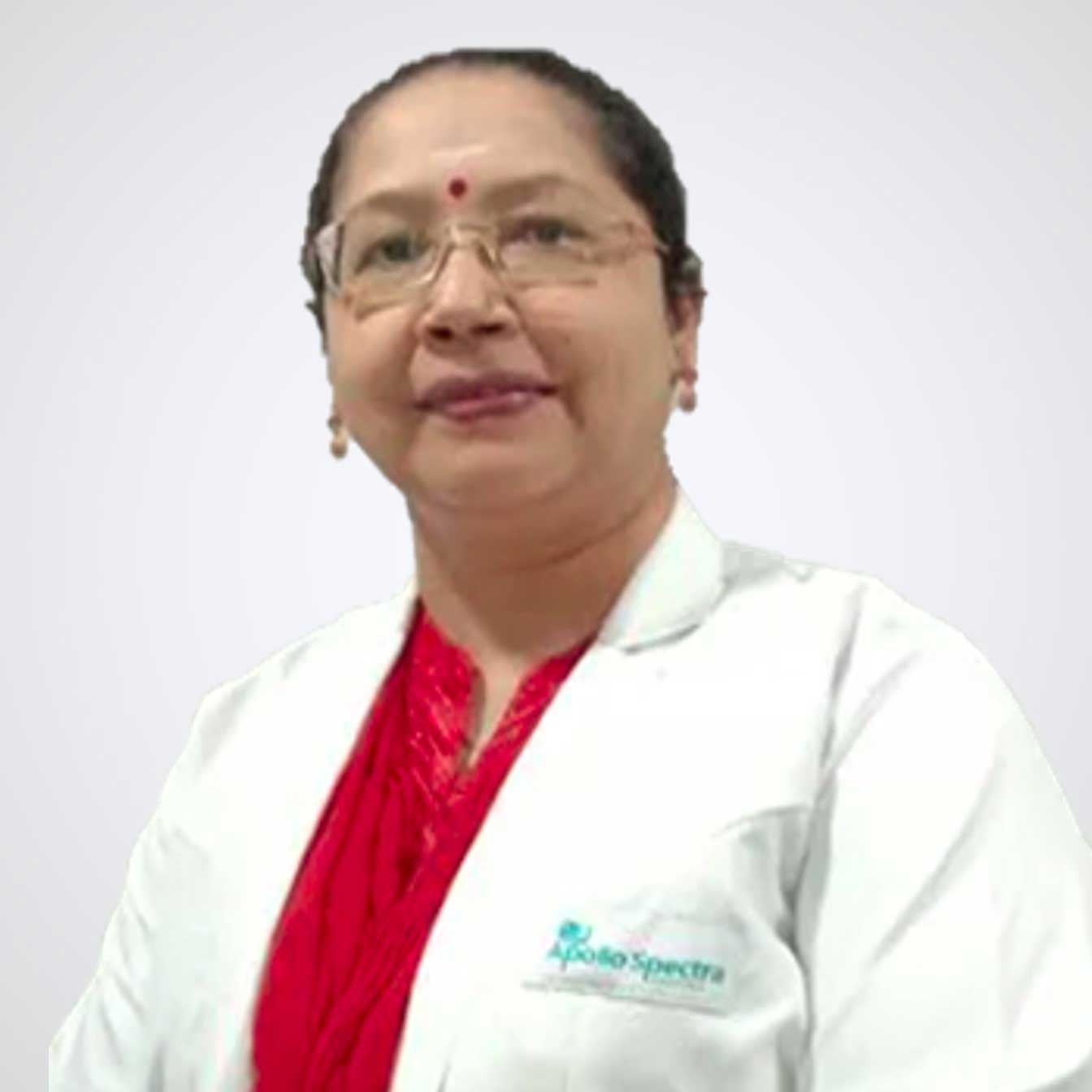
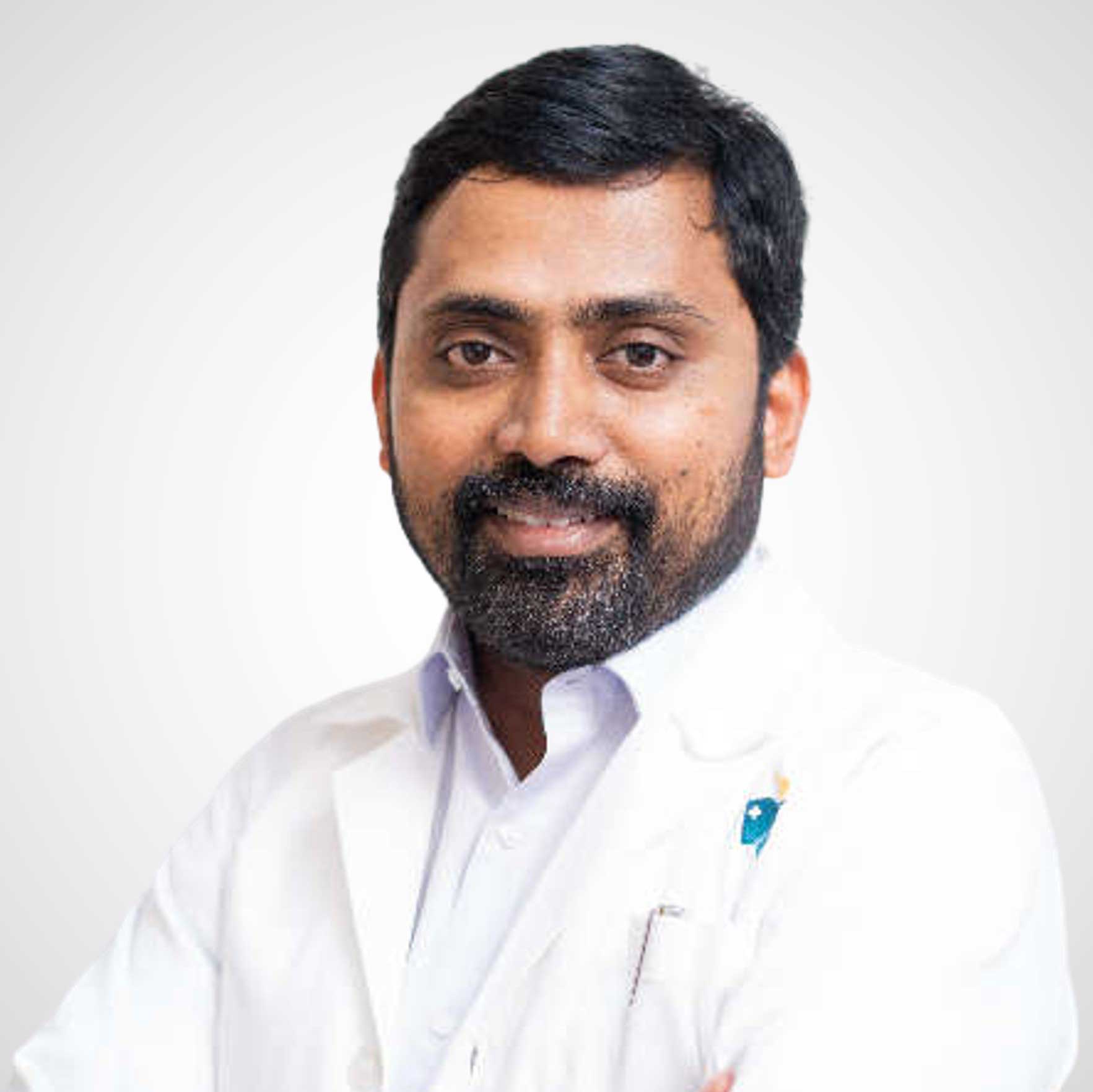
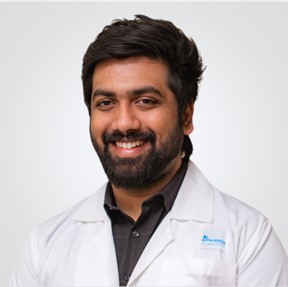
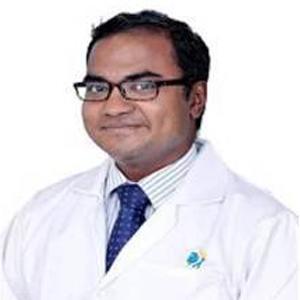


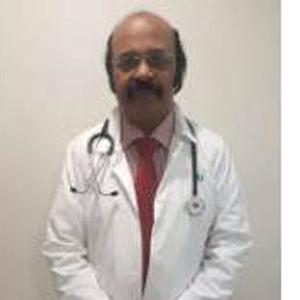






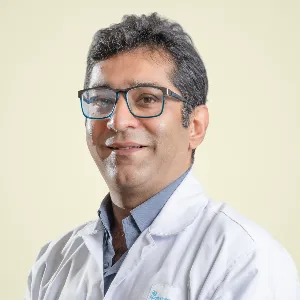


.svg)
.svg)
.svg)
.svg)








